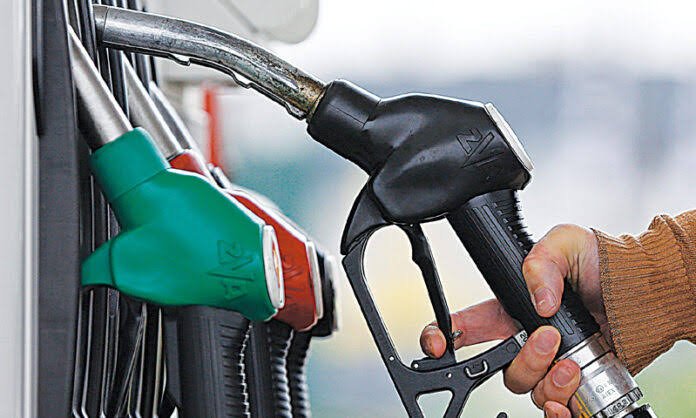Key Takeaways:
- Petroleum dealers to initiate a countrywide strike on July 5.
- Strike is a response to the imposition of an advance tax in the 2024-25 budget.
- Expected disruption in petrol and diesel availability, impacting transportation services.
- 13,000 petrol stations will participate, starting at 6 a.m.
- Government attempts at negotiation have so far failed to prevent the strike.
Petroleum dealers in Pakistan have announced a nationwide strike set for July 5, 2024, in response to the new advance tax included in the 2024-25 budget. This decision, made by the Pakistan Petroleum Dealers Association (PPDA), is a direct challenge to the government’s fiscal policy, which the association claims will make it impossible for petrol stations to operate profitably.
Abdul Samad Khan, Chairman of the PPDA, revealed the strike plans during a press conference, stating unequivocally that all petrol stations across the country would shut down unless the government withdraws the newly imposed 0.5 percent advance turnover tax outlined in the Finance Bill 2024-25. “This tax makes it unsustainable for petrol pumps to function,” Khan emphasized, calling for immediate government action to repeal the tax.
The Finance Bill, drafted under the guidance of the International Monetary Fund (IMF) and passed by the National Assembly in late June, has been met with significant resistance from the petroleum sector. The PPDA’s decision to strike follows failed negotiations with both provincial and federal government officials. According to Khan, despite meetings with top officials and representatives from oil marketing companies’ advisory councils, no satisfactory resolution has been reached. “They asked us to call off the strike and promised to resolve the issue, but we cannot postpone the strike on mere assurances,” Khan stated.
If the government and the PPDA fail to reach a compromise, the strike could extend beyond July 5, exacerbating the challenges faced by consumers and businesses.
With 13,000 petrol stations slated to close from 6 a.m. on July 5, the strike threatens to halt the availability of petrol and diesel nationwide, which could severely disrupt transportation services reliant on these fuels. The PPDA has advised petrol station owners and operators to reserve their stocks for July 4 to manage the anticipated demand surge prior to the shutdown.
In response to the impending strike, the petroleum division has established a monitoring cell to oversee fuel supply levels and coordinate with key stakeholders. Representatives from oil marketing companies, the Oil and Gas Regulatory Authority (Ogra), and the petroleum division have appointed focal persons to manage the situation during the strike.
If the government and the PPDA fail to reach a compromise, the strike could extend beyond July 5, exacerbating the challenges faced by consumers and businesses
Despite assurances from the Federal Board of Revenue (FBR) chairman that the advance turnover tax would be reconsidered, the petroleum secretary has indicated that legislative action is required to reverse the tax implementation. This legislative requirement adds a layer of complexity to the already tense negotiations, making a swift resolution less likely.
The strike by petroleum dealers highlights the broader tensions between the government’s fiscal policies and the operational realities of the petroleum sector. The imposition of the advance turnover tax has been seen as a necessary measure by the government to meet its financial commitments, particularly those agreed upon with the IMF. However, for the petroleum dealers, this tax represents an insurmountable operational hurdle, threatening the viability of their businesses.
As the strike date approaches, the potential impacts on the country’s transportation infrastructure and daily life are becoming increasingly apparent. If the government and the PPDA fail to reach a compromise, the strike could extend beyond July 5, exacerbating the challenges faced by consumers and businesses dependent on a steady supply of petroleum products.
The situation remains fluid, with ongoing discussions and potential interventions by various government and industry stakeholders. The resolution of this conflict will be critical in determining the immediate future of Pakistan’s petroleum distribution network and its broader economic implications.




